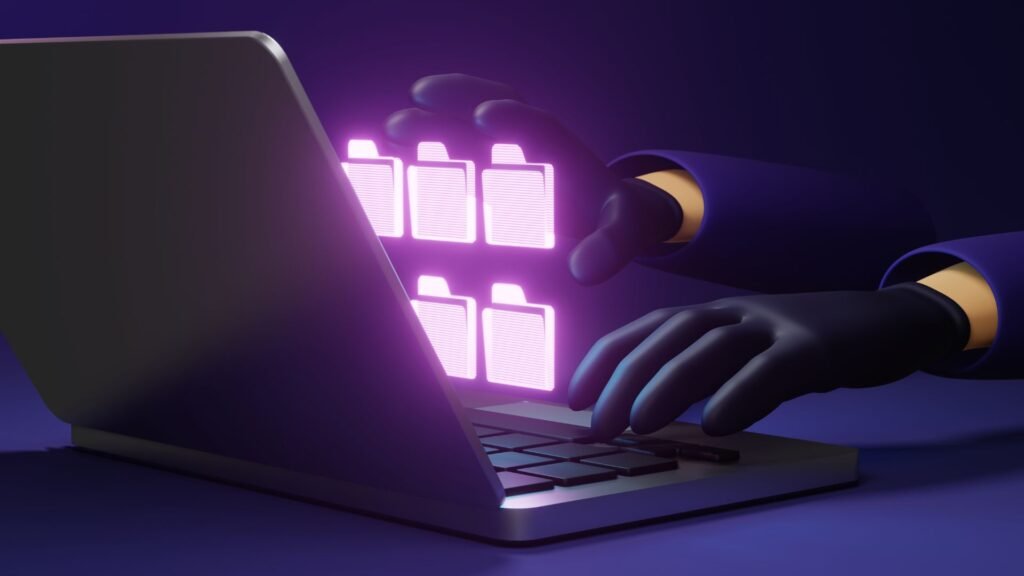Amid escalating tensions in cyberspace, New Zealand accuses China of hacking its parliament in 2021, highlighting the growing concerns surrounding cybersecurity and international relations. The revelations have raised concerns about foreign interference and cyber espionage, prompting New Zealand to take action and seek accountability from China.
The cyberattack on New Zealand’s parliament came to light amid growing global tensions over cybersecurity. Both Britain and the United States have recently pointed fingers at China, accusing it of engaging in widespread cyber-espionage campaigns. Now, New Zealand joins the list of nations expressing alarm over malicious cyber activities attributed to Chinese state-sponsored actors.
Response to Cyber Threats: Contrasting Perspectives
In response to the cyber threat, New Zealand’s Foreign Minister, Winston Peters, wasted no time in condemning the nefarious activities attributed to groups sponsored by the Chinese government. With a swift and decisive approach, the government took action by promptly communicating its concerns to the Chinese ambassador and bolstering its cybersecurity infrastructure.
On the other hand, China has staunchly denied the allegations leveled against it by New Zealand and other nations. Despite diplomatic pressure, Beijing maintains its stance of non-involvement in cyber malfeasance. Instead, it advocates for cooperation rather than confrontation in addressing cybersecurity challenges on a global scale. This divergence in perspectives underscores the complexities of navigating international relations in the digital age.
Impact of the Cyberattack

The ramifications of the cyberattack extend far beyond immediate data breaches, touching upon fundamental aspects of democratic governance and national security. In its wake, the incident prompts a critical reevaluation of global cybersecurity strategies, underscoring the imperative for robust defenses against evolving cyber threats.
New Zealand accuses China of hacking
On Tuesday, the New Zealand government disclosed a significant development regarding the cyberattack. According to the country’s Communications Security Bureau (GCSB), crucial links have been established between the attack and a Chinese state-sponsored actor identified as Advanced Persistent Threat 40 (APT40). This represents a notable escalation, marking the first direct attribution of such malicious cyber activity to the People’s Republic of China by New Zealand.
The GCSB’s cybersecurity center detected the malicious activity impacting New Zealand’s parliamentary counsel office and parliamentary services back in August 2021. Subsequent investigations revealed that the network had indeed been compromised, and after meticulous analysis, the attack was confidently traced back to China. Fortunately, despite the intrusion, there was no compromise of sensitive or strategic data.
Data at Risk

The cyberattack on New Zealand’s parliament, which targeted parliamentary services and the parliamentary counsel office, raised significant concerns despite the absence of compromised sensitive data. While the attack did lead to a compromise of the network, fortunately, no sensitive or strategic data was breached.
However, it’s crucial to recognize the potential risks associated with such cyber intrusions. Breaches of this nature typically aim to access various types of data for strategic advantage, intellectual property theft, or facilitating foreign interference. Although no sensitive data was compromised in this instance, the potential implications highlight the importance of robust cybersecurity measures and proactive defenses against cyber threats.
Cybersecurity Measures
In response to the cyber assault, New Zealand has ramped up its cybersecurity measures, with the Government Communications Security Bureau (GCSB) intensifying efforts to thwart future cyber threats. Strengthening cybersecurity protocols is imperative for safeguarding national interests and democratic values.
Diplomatic Strain and Global Repercussions
The cyber debacle between New Zealand and China has cast a shadow over diplomatic relations, emphasizing the delicate balance between fostering international cooperation and protecting national sovereignty. Navigating these diplomatic waters demands astute diplomacy and a steadfast commitment to dialogue.
Furthermore, the allegations against China have sent shockwaves across the globe, prompting other nations to reevaluate their cybersecurity partnerships and policies. In light of these developments, collaborative efforts have become indispensable in mitigating cyber risks and fostering a secure digital ecosystem. The interconnected nature of cyberspace underscores the importance of international cooperation in tackling cyber threats effectively.
Final Thoughts
New Zealand’s decision to publicly attribute the cyberattack to China underscores the importance of cybersecurity norms and responsible behavior in the international arena. As the world grapples with increasing cyber threats, nations must collaborate to safeguard their democratic institutions and protect sensitive information.
In summary, New Zealand’s stance serves as a wake-up call, urging all nations to remain vigilant and address cyber threats promptly. The APT40 incident highlights the need for robust cybersecurity measures and international cooperation. Let us hope that this episode prompts constructive dialogue and reinforces the norms of responsible behavior in cyberspace.
We invite you to share your thoughts with us regarding New Zealand accuses China of hacking its parliament. Do you believe there was a specific reason behind this move? Additionally, considering the escalating tensions in cyberspace, what are your thoughts on the broader implications for cybersecurity and international relations?
